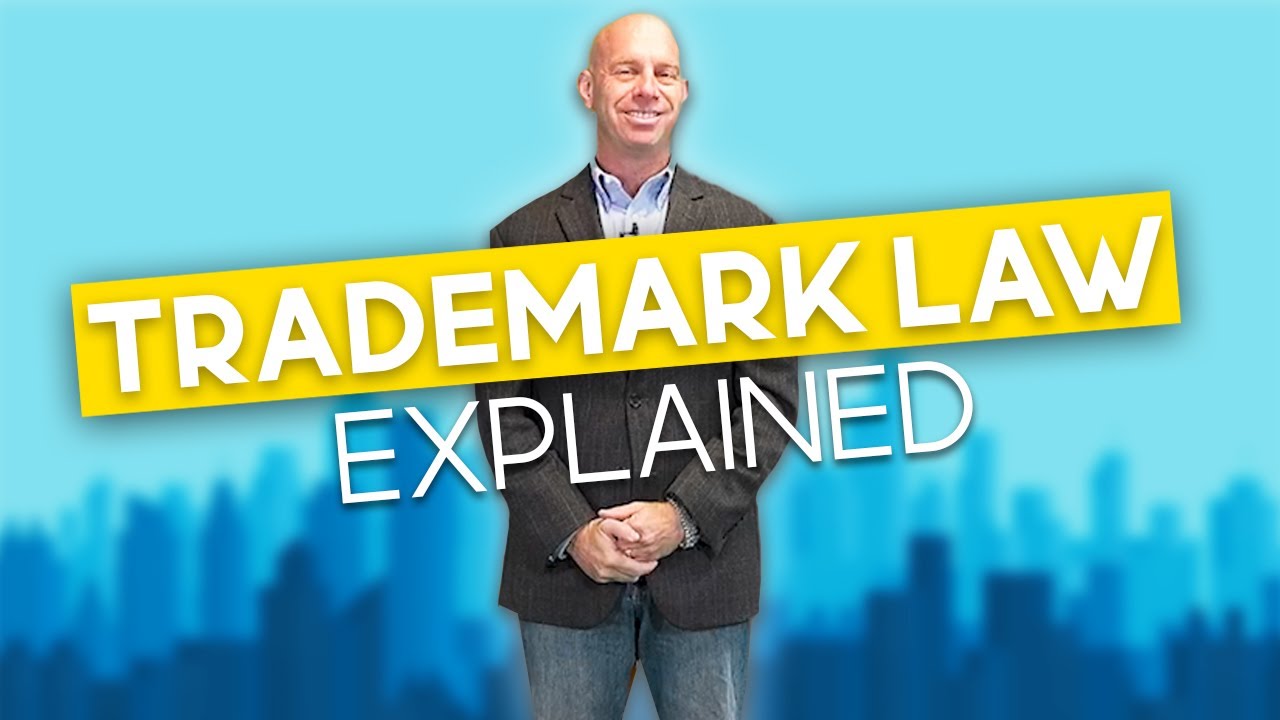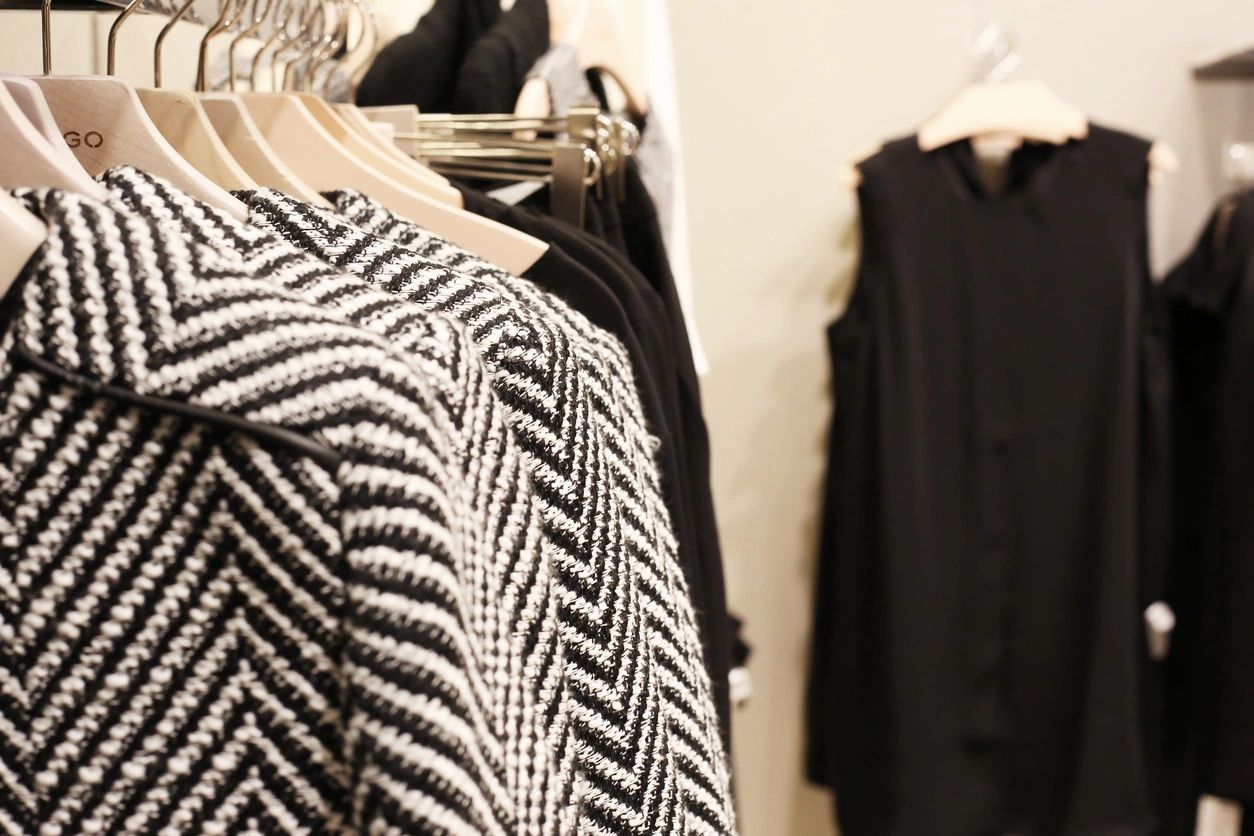
The Beyonce suit against the Texas company, Feyonce, Inc., for selling merchandise that infringes on her trademark, is a clear example of how intellectual property law can protect bands from infringers selling knock off merchandise of their band’s trademark.
The lawsuit was filed in the Southern District of New York by Beyonce and names Feyonce, Inc. and three individual defendants from Texas. The suit alleges that Feyonce ignores Beyonce’s requests to stop selling the products, causes consumers to confuse the two products, and has irreparably harmed Beyonce’s “goodwill and notoriety.”
The complaint alleges that the defendants are selling merchandise bearing the “Feyonce” mark, which is a pun on “Fiance” and is intended to call to mind one of Beyonce’s most popular songs, Single Ladies, also known as “Put a Ring on It.” The song Single Ladies represents female empowerment and has been compared to Aretha Franklin’s “Respect” and Gloria Gaynor’s “I Will Survive”.
The lyrics tell the story of a woman who just ended a three-year relationship with her boyfriend because he would not commit to marriage. Some of the famous lyrics of the song are:
‘Cause if you liked it, then you should of put a ring on it
If you liked it, then you shoulda put a ring on it
Don’t be mad once you see that he want it
‘Cause if you liked it, then you shoulda put a ring on it
 As per the complaint, the defendants sought to capitalize on the notoriety of Single Ladies by selling merchandise bearing the “Feyonce” mark. The name FEYONCE, is nearly identical to plaintiff’s BEYONCE trademark and was adopted by the defendants “to falsely designate Plaintiff as the source of the Defendants’ unauthorized products and/or falsely associate Beyoncé with these unauthorized products.” Some of the Defendants’ merchandise even bears the words “put a ring on it” further evidencing Beyonce’s trademark infringement claim.
As per the complaint, the defendants sought to capitalize on the notoriety of Single Ladies by selling merchandise bearing the “Feyonce” mark. The name FEYONCE, is nearly identical to plaintiff’s BEYONCE trademark and was adopted by the defendants “to falsely designate Plaintiff as the source of the Defendants’ unauthorized products and/or falsely associate Beyoncé with these unauthorized products.” Some of the Defendants’ merchandise even bears the words “put a ring on it” further evidencing Beyonce’s trademark infringement claim.
Additionally, the suit alleges plaintiffs’ lawyers have repeatedly complained to defendants demanding that they cease and desist from selling their infringing activities. Despite the warnings however, the defendants continued to trade on the goodwill of Beyonce’s trademark, all for the profit of the defendant. While some of these products were removed from the sellers e-marketplace, the seller continued to sell the products in question on defendant’s online store, located at feyonceshop.com.
Furthermore, the complaint alleges the defendant’s actions have caused the plaintiffs immediate and irreparable harm. To redress these wrongs the plaintiff brings claims of trademark infringement under Section 32(1) of the United States Trademark Act of 1946, as amended (the “Lanham Act”), 15 U.S.C. § 1114(1); unfair competition and false endorsement under section 43(a) of the Lanham Act, 15 U.S.C. § 1125(a); trademark dilution under section 43(c) of the Lanham Act, 15 U.S.C. §1125(c), and other claims under New York statutory and common law. The plaintiffs also seek injunctive and monetary relief, to remedy the defendants’ allegedly wanton actions, including exemplary damages, attorney’s fees and costs.
Beyonce Standing Up to Merchandise Counterfeiters
The case has not yet moved past the complaint stage which was submitted to the court on April 5, 2016. Although the outcome of the case is unclear, as the court has not issued a final decision on this matter, Beyonce’s claim of trademark infringement against Feyonce highlights a key principle of trademark law related to the sale of band merchandise. The key takeaway from the case is the importance of registering for a trademark to protect your band trademark so that others don’t profit off your trademark without your authorization.
The lawyers at Rosenbaum Famularo, P.C., help protect merchandise from online counterfeiters. We are uniquely qualified to help protect against online counterfeit merchandise via our global experience with online retailers.
This article was researched and written by CJ Rosenbaum, Esq., and Anthony Famularo, Esq., the founding partners of Rosenbaum Famularo, P.C., the law firm behind AmazonSellersLawyer.com.








